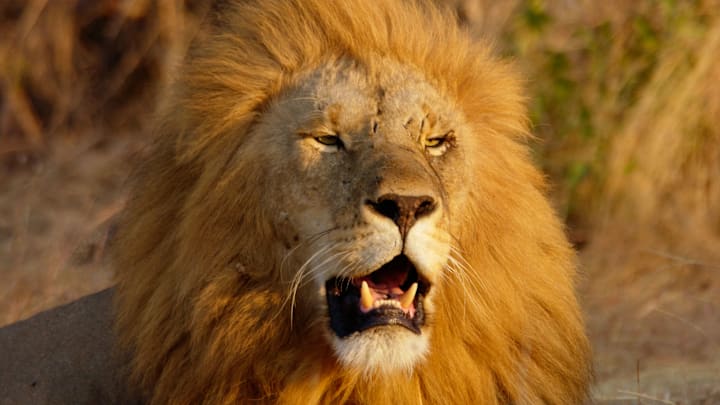The Importance of Apex Predators in Ecosystems

Apex predators, such as wolves, lions, and sharks, hold a vital position at the top of the food chain, and their presence is crucial for maintaining the balance and health of ecosystems. These predators regulate the populations of prey species, ensuring that no single species dominates the environment to the detriment of others. The impact of apex predators extends far beyond their immediate prey; they influence the entire ecosystem, a phenomenon known as a trophic cascade.
A prime example of the importance of apex predators can be seen in Yellowstone National Park. In the mid-20th century, wolves were eradicated from the park, leading to a significant increase in the population of elk, their primary prey. With fewer predators to keep them in check, the elk population grew rapidly, resulting in overgrazing of vegetation, particularly young trees like aspen and willow. This overgrazing had a ripple effect throughout the ecosystem, leading to the decline of other species that relied on these trees for food and shelter, such as beavers and certain bird species.
In 1995, wolves were reintroduced to Yellowstone, and the effects were profound. As the wolf population grew, elk numbers decreased, and the vegetation began to recover. This allowed for the return of beavers, which in turn created ponds and wetlands that supported a diverse array of species. The reintroduction of wolves not only restored the balance of the ecosystem but also demonstrated the critical role apex predators play in maintaining biodiversity.
Apex predators also help control the spread of disease by culling weak or sick individuals from prey populations. This natural selection process helps maintain healthier populations and can prevent the spread of diseases that could otherwise devastate both animal and plant communities. Additionally, by keeping herbivore populations in check, apex predators protect vegetation, which in turn stabilizes soil, reduces erosion, and supports a wider variety of plant and animal life.
The decline or removal of apex predators can lead to significant ecological consequences, as evidenced by the Yellowstone example. Without these predators, prey species can multiply unchecked, leading to overconsumption of vegetation and the collapse of habitats. This has far-reaching effects on the entire ecosystem, including the loss of biodiversity and the disruption of natural processes like nutrient cycling.
Conservation efforts aimed at protecting apex predators are essential for preserving the integrity of ecosystems. These efforts include creating protected areas, enforcing anti-poaching laws, and restoring habitats that support these key species. Public awareness and education about the importance of apex predators are also crucial for garnering support for conservation initiatives.
In conclusion, apex predators are more than just powerful animals at the top of the food chain; they are indispensable to the health and stability of ecosystems. By regulating prey populations, supporting biodiversity, and maintaining the balance of natural systems, apex predators play a pivotal role in the web of life. Protecting these species is not just about saving individual animals—it’s about preserving the delicate balance of our planet’s ecosystems for future generations.